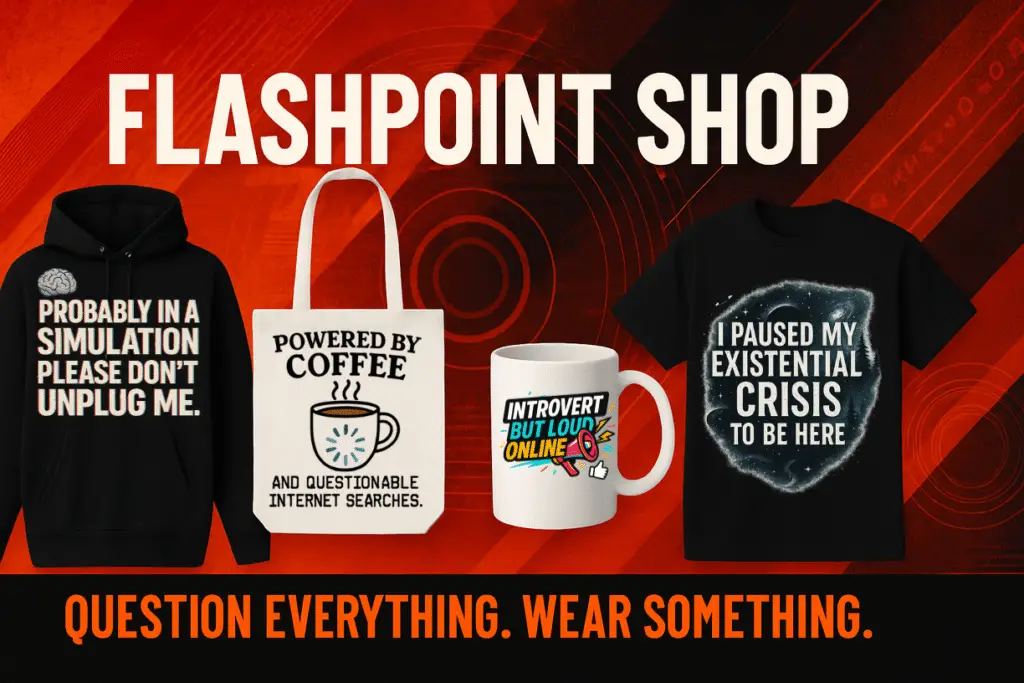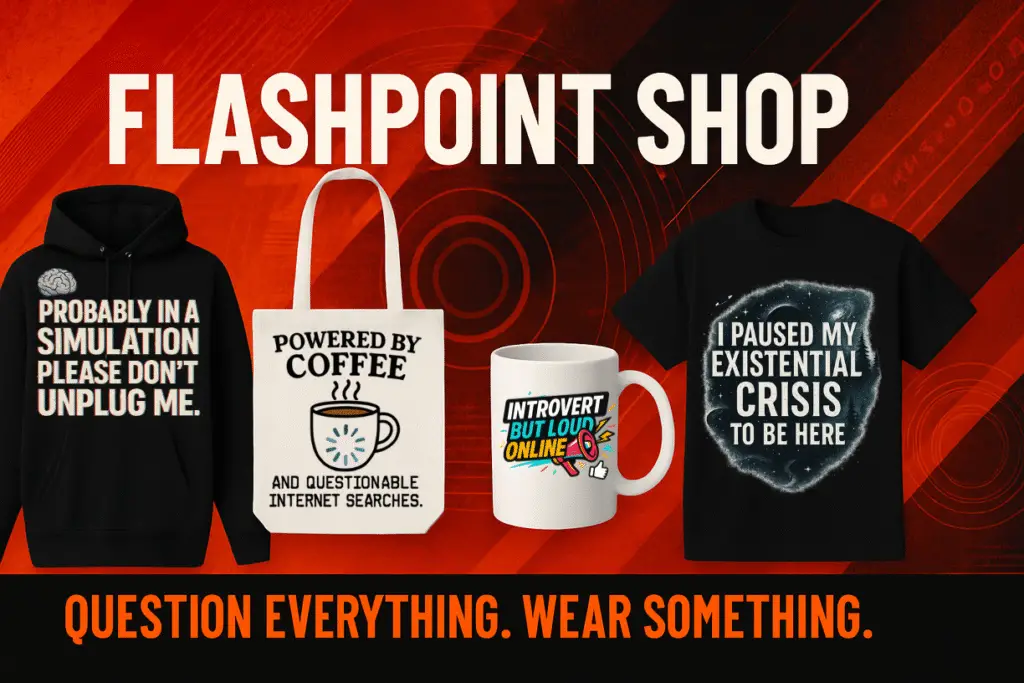A New Target: McDonald’s Under Fire
America’s favorite fast-food giant is under siege—at least according to The People’s Union USA, the same activist group that previously boycotted Amazon and Walmart with mixed results. This time, the target is McDonald’s, and the protest comes with a loud name: an “economic blackout.” The group has called for a weeklong boycott from June 24 to June 30, accusing the corporation of everything from price gouging to union suppression.
Source: Axios
The Claims: Corporate Greed and Broken Promises?
According to posts on the group’s official Instagram, the boycott is a response to what it calls “decades of unchecked greed” from McDonald’s. Their accusations include alleged tax evasion, false diversity pledges, and using political shifts—particularly Trump-era policy reversals—as cover to scale back DEI commitments. “We’re done funding their greed,” wrote founder John Schwarz, who has yet to respond to media inquiries.
McDonald’s Responds: “We Pay Our Fair Share”
In a statement to Axios, McDonald’s pushed back, labeling the accusations as “misleading claims that distort our values.” The company says it contributes billions in local, state, and federal taxes, and reiterated its commitment to community dialogue and service. But critics argue that recent corporate behavior tells a different story.
Economic Blackouts: Loud on Social, Quiet at the Register
The People’s Union USA has become known for its flashy “economic blackouts,” aiming to disrupt corporate giants through mass consumer boycotts. But if the goal is to hit companies where it hurts—their wallets—recent campaigns suggest otherwise. A March boycott of Amazon, for example, was heavily publicized online. The result? Amazon still posted better-than-expected earnings that quarter.
Source: Axios

Target, Walmart, Amazon… Who’s Next?
McDonald’s isn’t the first brand to land in the group’s crosshairs. Earlier this year, the same strategy was applied to Walmart and Target. While most of these blackouts barely registered in quarterly reports, activists argue that success shouldn’t always be measured in dollars, but in media coverage and public pressure.
In some cases, like the 2024 Target boycott led by Reverend Jamal Bryant, there was financial fallout. After backlash over the company’s rollback of DEI initiatives, Target reported lower sales and publicly acknowledged the impact of negative press. That boycott, notably, lasted 40 days—far longer than the McDonald’s blackout’s proposed one-week span.
When Boycotts Actually Work
So why did Target take a hit while others walked away unscathed? According to Brayden King, a professor at Northwestern University, the number of people participating isn’t the most important factor. Instead, it’s how much media attention a boycott receives. In a 2017 study, he stated:
“The no. 1 predictor of what makes a boycott effective is how much media attention it creates, not how many people sign onto a petition or how many consumers it mobilizes.”
Source: Northwestern Now
DEI at the Center: McDonald’s Walks a Tightrope
A major trigger behind the boycott is McDonald’s recent shift in tone regarding Diversity, Equity, and Inclusion (DEI). In a January 2024 internal letter, the company reaffirmed its commitment to DEI—but with notable revisions. It announced a “civil rights audit” had led to changes in practices, sparking criticism from both sides: some saying it wasn’t enough, others claiming it was too much.
For People’s Union USA, this was a betrayal. The group claims that McDonald’s is “walking back its DEI promises” while still marketing itself as a progressive brand. Their messaging echoes larger cultural frustrations with corporations that publicly support social causes but allegedly fall short behind the scenes.
Is the Culture War Shaping Consumer Choices?
McDonald’s now finds itself entangled in the broader culture war that has deeply polarized American consumers. Just like Bud Light faced backlash for collaborating with transgender influencer Dylan Mulvaney in 2023—leading to a year-long sales collapse—McDonald’s is now in the hot seat. Not because of an ad campaign, but because of its perceived political stance.
These battles are no longer about just burgers or beer—they’re about values. Companies that once stayed silent are now being forced to pick a side in America’s ideological tug-of-war. And whether they respond or not, the consequences are real.
A Tactical Move or Just Noise?
Critics argue that boycotts like the McDonald’s blackout exploit hot-button issues for attention without delivering meaningful change. But even critics admit: the tactic works—at least in drawing eyeballs. The phrase “we’re done funding their greed,” used in People’s Union USA’s campaign, isn’t just a protest slogan—it’s a soundbite built for virality.
And in the age of TikTok activism and Instagram outrage, virality is currency.
McDonald’s Responds: “We Pay Our Fair Share”
In response to the accusations from The People’s Union USA, McDonald’s issued a firm statement to Axios, denying claims of tax avoidance and worker exploitation. The company emphasized that it generates billions in federal, state, and local taxes annually, stating it will “continue to pay our fair share.”
“We welcome honest dialogue with the communities we serve, but we’re disappointed to see these misleading claims that distort our values and misrepresent our actions,” a McDonald’s spokesperson said. “Our focus remains on serving our customers and communities.”
McDonald’s message was clear: it won’t be dragged into politically charged rhetoric—and it stands by its role as a corporate taxpayer and community partner.
Not Just Burgers—Brand Loyalty Is on the Line
While the direct financial impact of the boycott may be minimal, the real battle is about public perception. In today’s marketplace, where brands thrive on storytelling and identity, losing consumer trust can be more damaging than a dip in sales.
Boycotts—even if short-lived—plant seeds of doubt about a brand’s integrity, and those doubts can spread rapidly. For McDonald’s, the challenge isn’t just about selling burgers—it’s about maintaining its status as a culturally trusted, politically neutral icon.
What This Reveals About the Future of Boycotts
The McDonald’s “economic blackout” illustrates a growing trend: brands are increasingly vulnerable to coordinated attacks from social and political groups who understand the mechanics of social media outrage. Even if a boycott doesn’t dent quarterly profits, it can:
- Generate viral headlines
- Apply pressure on internal leadership
- Force reactive PR strategies
- Influence long-term decisions on diversity, hiring, and marketing
In short, the era of quiet consumer protest is over. Every boycott is now a media event—and brands are being dragged into the spotlight whether they like it or not.
Final Thoughts: Economic Blackouts in the Age of Clicks
The McDonald’s protest is less about fries and more about friction—between corporate giants and digital-age activism. While the “economic blackout” may not crush profits or shutter stores, its true power lies in the narrative it creates. In an attention economy, perception often outpaces performance.
Whether or not The People’s Union USA can move the needle financially, they’ve succeeded in forcing a global brand into the public square, demanding answers on issues that go far beyond pricing. For McDonald’s, and for every multinational watching closely, the lesson is clear:
In 2025, corporate silence is no longer an option. Transparency, authenticity, and cultural awareness are now as essential as the bottom line.
Maybe you also like:
Follow me on:
For more updates, visit: flashpointnews.com.br



